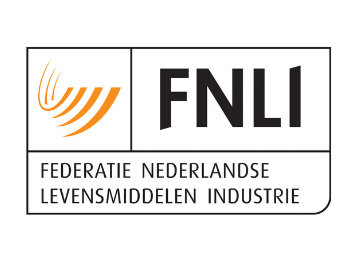In 2018 in the Netherlands, Dutch food and drink processors, civil society organisations, trade unions and the national government signed an Agreement on International Responsible Business Conduct for the Food Products Sector. The code aims to reduce any harmful impacts of agri-food chain operation, including human rights violations and environmental damage, and work towards a more sustainable production chain in the food products sector.
Many of the food products found in Dutch shops, or the ingredients that go into these products, are produced elsewhere, in countries where human rights, worker health and safety, and the environment may be at risk. These problems are often so complex that any one business acting alone will achieve very little. That is why this Agreement has been signed by a broad coalition of parties consisting of sector organisations, trade unions, the Dutch national government, and civil society organisations. The Federation of Dutch Food Manufacturers (FNLI) has signed on behalf of the food producing sector.
Obligations
Organisations that have signed the Agreement agree to identify problems such as low wages and child labour and help combat them. They support the right of negotiation by independent trade unions and occupational health and safety for workers. They also do their best to reduce damage to the environment and the climate.
International agreements
Dutch business enterprises have a responsibility to prevent and address these risks based on international guidelines and agreements. These agreements are set out in the:
- UN Guiding Principles on Business and Human Rights
- OECD Guidelines for Multinational Enterprises
- ILO Declaration on Fundamental Principles and Rights at Work
The OECD guidelines state that business enterprises must investigate the extent to which they are involved in human rights abuses and environmental damage. This process is known as ‘due diligence’.




